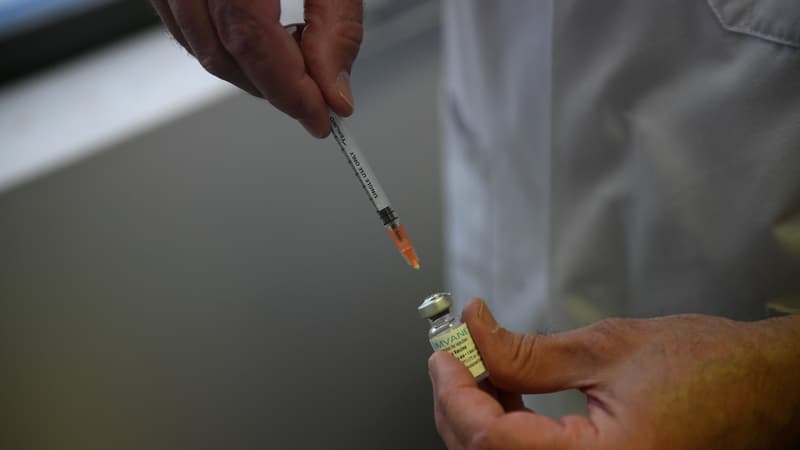France should stockpile smallpox vaccines to prepare for future monkeypox outbreaks, the High Authority for Health (HAS) estimated on Tuesday, while the state has always kept the true status of these stockpiles vague.
“The HAS recommends accumulating strategic stocks of third-generation smallpox vaccines,” sums up the authority in charge of guiding public health policies.
next generation vaccines
Officially called “mpox”, monkeypox had been present mainly in Africa for several decades. But it caused an epidemic in multiple European and American countries in 2022; this outbreak, which primarily affected men who have sex with men, has largely subsided since then.
But the authorities are trying to establish how to adequately combat future epidemics of this disease, which results in particular in fever and a series of skin lesions.
For this reason, the HAS recommends the use, as was done last year, of the latest generation of smallpox vaccines, in view of the widely encouraging data on their efficacy against mpox.
On the other hand, she believes that this disease does not pose a sufficient threat to use older smallpox vaccines. The latter, known as first and second generation, represent a significant risk of side effects, sometimes fatal.
“Defense of secrecy” around the actions
There is uncertainty about the level of stocks of these vaccines in France. Unlike other countries, the State does not give any precise indication, hiding in defense secrecy, although it seemed capable of organizing an effective vaccination campaign against the 2022 epidemic.
The HAS also recommends different vaccination strategies in the event of a reappearance of mpox, depending on whether the cases are more or less serious.
If they remain “isolated or dispersed”, vaccination would only affect people who have been in contact with sick people. It must be done between four and 14 days after this contact.
But if the cases become “numerous and simultaneous” again, it would be necessary to switch to a “preventive” vaccination that would be offered to people considered at risk of exposure, as well as caregivers.
Source: BFM TV


